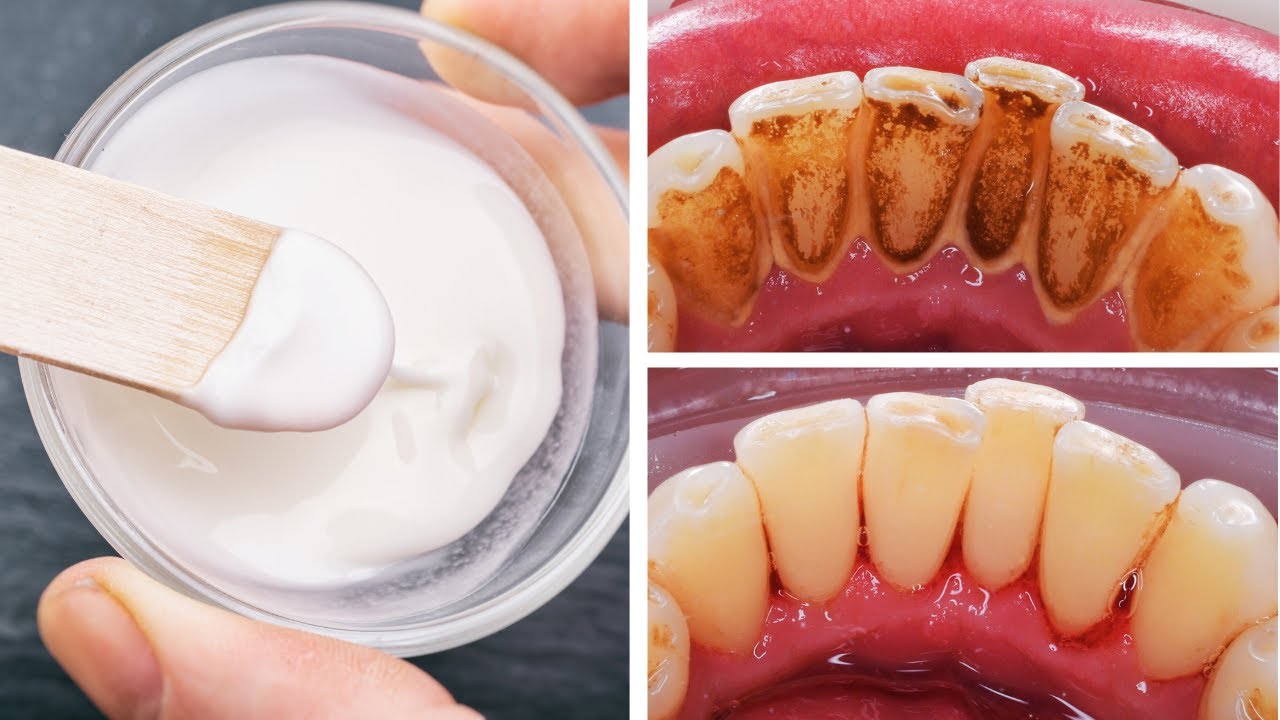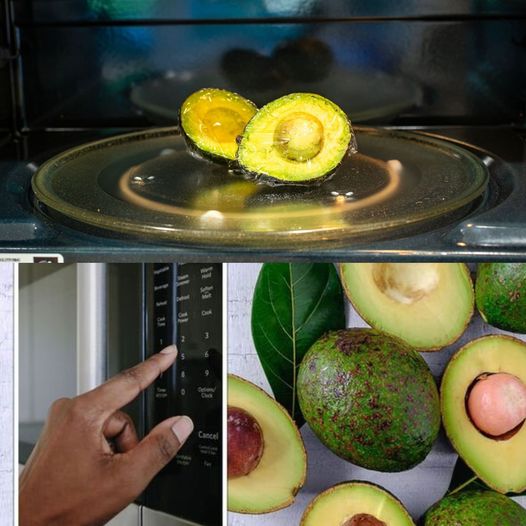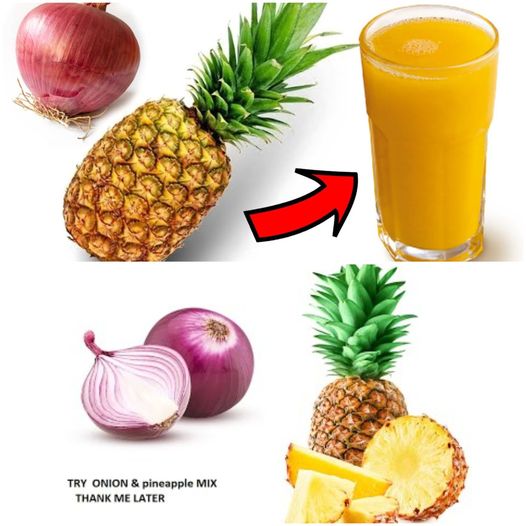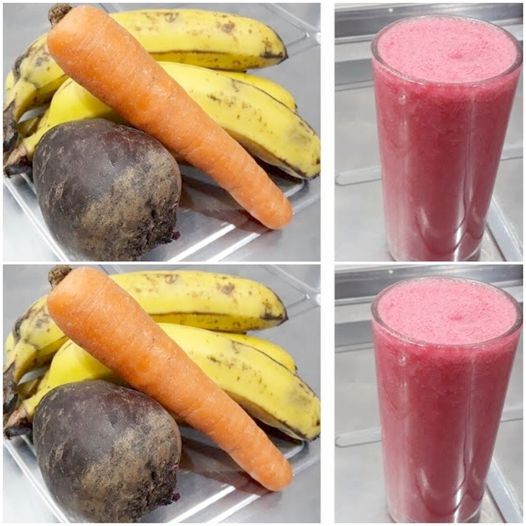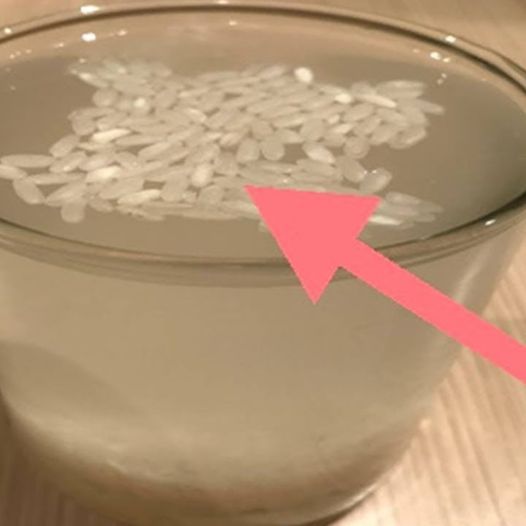Have you ever considered how much your oral health influences your overall well-being? It’s a question that often slips under the radar, yet the condition of our teeth and gums can significantly impact our lives. In today’s world, where sugary drinks, processed snacks, and quick meals are commonplace, it’s crucial to pay attention to what’s happening inside our mouths.
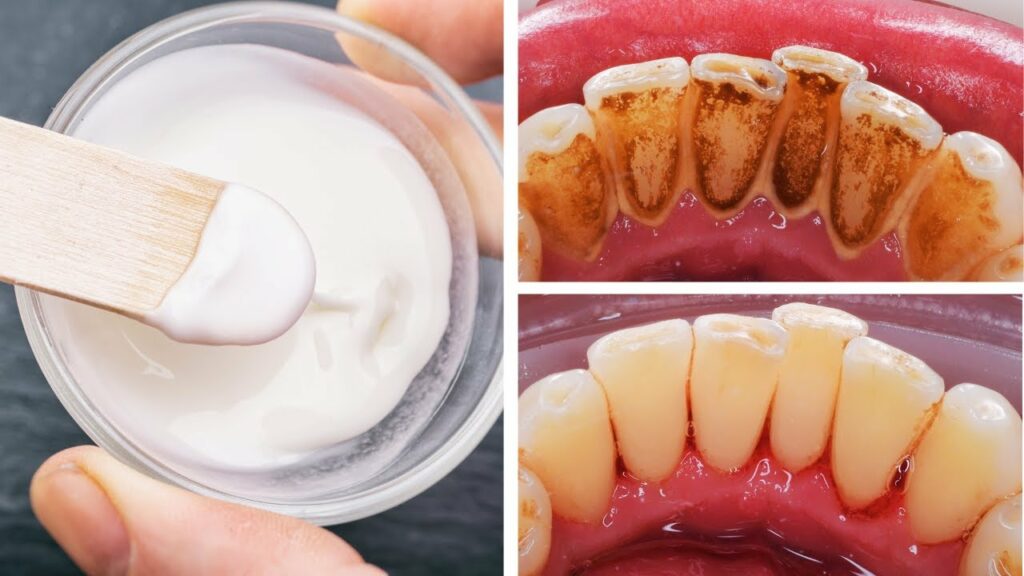
Picture this: you run your tongue over your teeth and encounter a gritty, sticky residue. That’s plaque – a bacterial film that adheres to your teeth, thriving on the sugars and starches you consume. If left unattended, this plaque solidifies into tartar, paving the way for various oral health issues that extend beyond just your smile.
But what exactly is plaque, and why is it problematic? Plaque is essentially a sticky layer of bacteria on your teeth. As these bacteria consume the sugars and starches from your diet, they produce acids that gradually wear away your tooth enamel, leading to cavities. Over time, if plaque is allowed to accumulate, it hardens into tartar – a stubborn, yellow substance that requires professional dental intervention for removal.
Here’s where the situation becomes concerning. If left unchecked, plaque and tartar can trigger severe oral health complications like gingivitis, periodontitis, and even tooth loss. Gingivitis, the early stage of gum disease, manifests as red, swollen, and bleeding gums. If untreated, it can escalate into periodontitis, a severe gum infection that damages the soft tissue and bone supporting your teeth. In severe cases, this can result in tooth loss and impact your overall health.
But it’s not only cavities and gum disease you should worry about. Poor oral hygiene can also lead to halitosis, or bad breath. Imagine trying to engage in conversation while dealing with the unpleasant odor of decay and bacteria. It’s not a desirable scenario and can significantly affect your social interactions and self-confidence.
So, what’s the solution to combat this bacterial menace? It might be simpler than you think: baking soda. Yes, that unassuming white powder in your kitchen pantry holds remarkable potential for enhancing your oral health. Baking soda, or sodium bicarbonate, serves as a natural, gentle abrasive that effectively removes plaque and surface stains from your teeth.
Here’s how it works: when you mix baking soda with water to form a paste and brush your teeth with it, the baking soda releases free radicals that break up plaque and neutralize the acids responsible for tooth decay. Not only does it eliminate plaque, but it also helps balance your mouth’s pH levels, creating an environment less conducive to harmful bacteria.
But the benefits of baking soda don’t end there. Its natural whitening properties can help eliminate surface stains and brighten your smile. Additionally, its antibacterial properties aid in reducing the buildup of harmful bacteria in your mouth, thus preventing decay and gum disease. Baking soda can even accelerate the healing process for mouth sores and ulcers.
Using baking soda is simple. Just mix a small amount with water to create a paste, then brush your teeth with it for two minutes, similar to regular toothpaste. For optimal results, leave the baking soda paste on your teeth for 10-15 minutes before rinsing. While many toothpaste brands now contain baking soda, using pure baking soda ensures maximum benefits. Moreover, it’s a cost-effective and eco-friendly alternative to conventional toothpastes.
However, baking soda alone isn’t a cure-all. The key to maintaining optimal oral health lies in your dietary and lifestyle choices. Opt for whole, unprocessed foods rich in fiber and nutrients, such as crunchy fruits and vegetables, which act as natural toothbrushes. Adequate hydration and thorough chewing also play crucial roles in oral health maintenance.
Of course, regular brushing and flossing remain fundamental components of any oral care routine. The American Dental Association recommends brushing twice daily for two minutes each time and flossing at least once daily. Remember to replace your toothbrush every three to four months to ensure effective plaque removal.
Your oral health reflects your overall well-being. By incorporating baking soda into your oral care regimen, adopting a wholesome diet, and prioritizing regular dental check-ups, you can safeguard your teeth and gums for years to come. Experiment with baking soda during your next brushing session and witness the refreshed feeling it brings to your mouth. As you embark on this journey towards optimal oral health, notice the positive changes in your smile and overall confidence. Together, let’s take the first step towards a healthier, brighter smile—one brush, one floss, one nutritious meal at a time. Your smile (and your body) will thank you.
